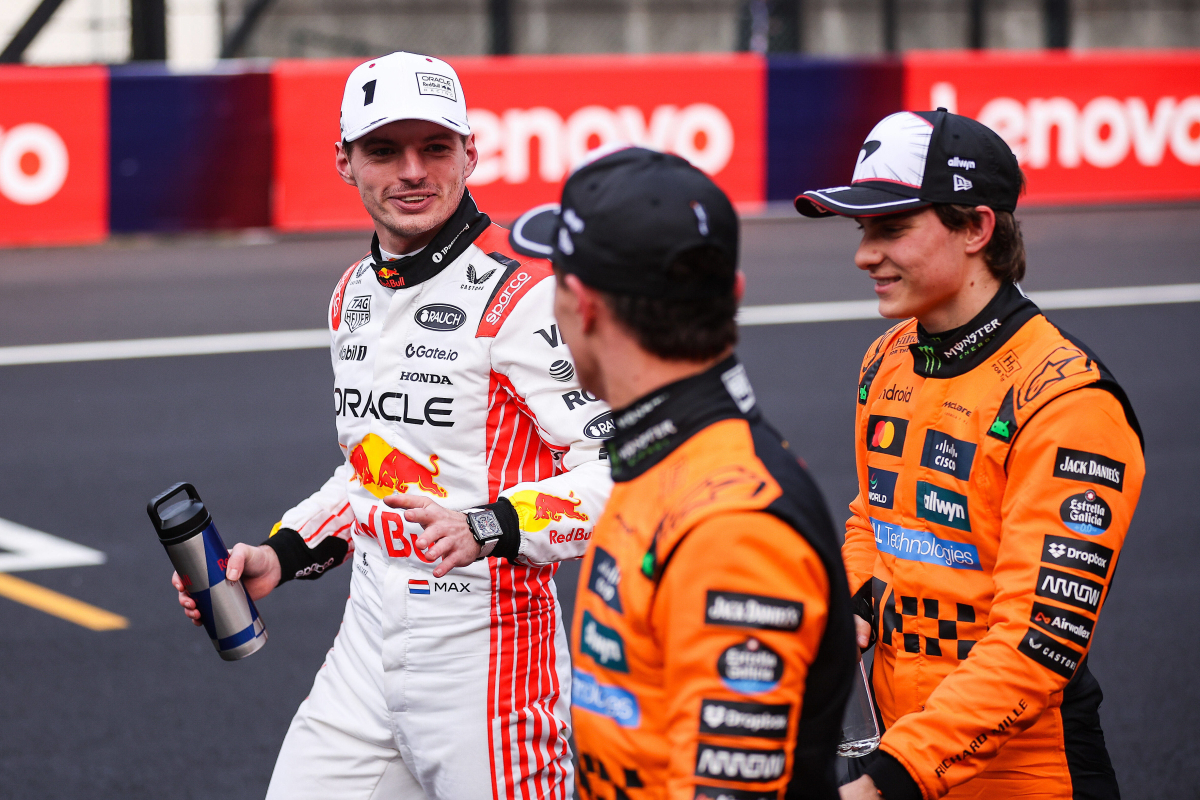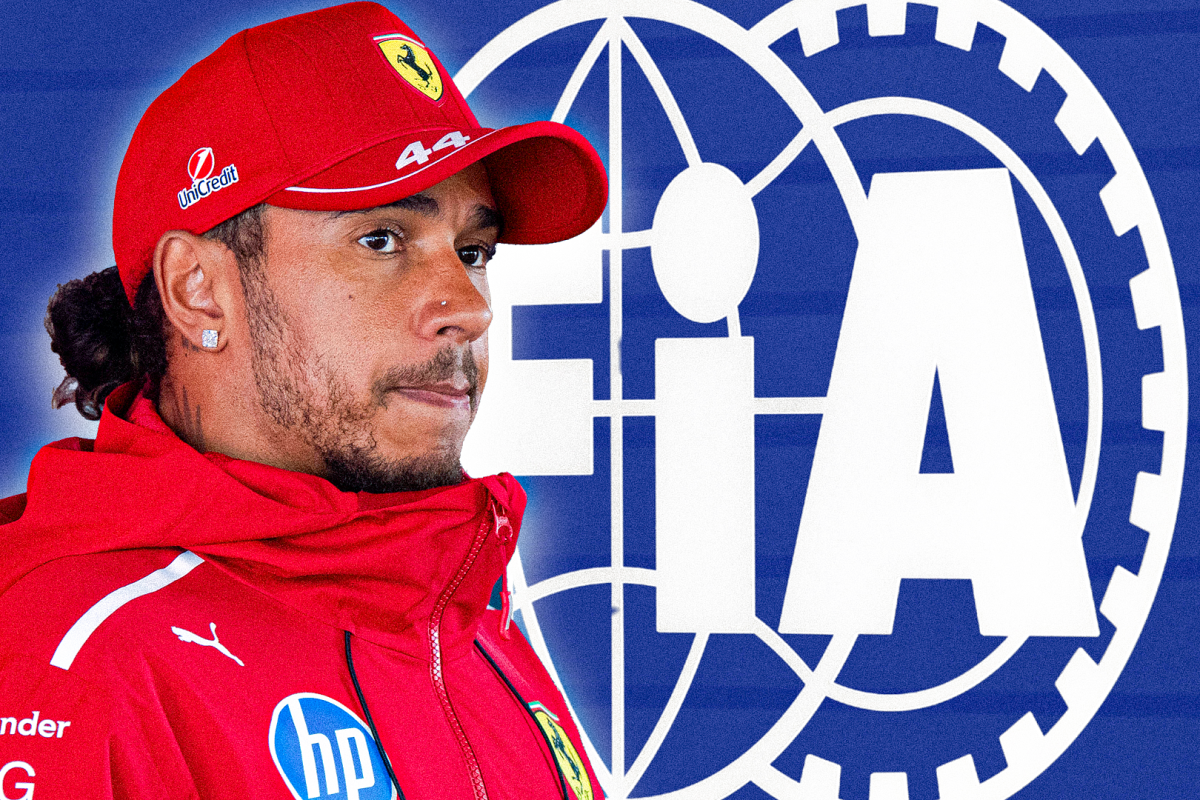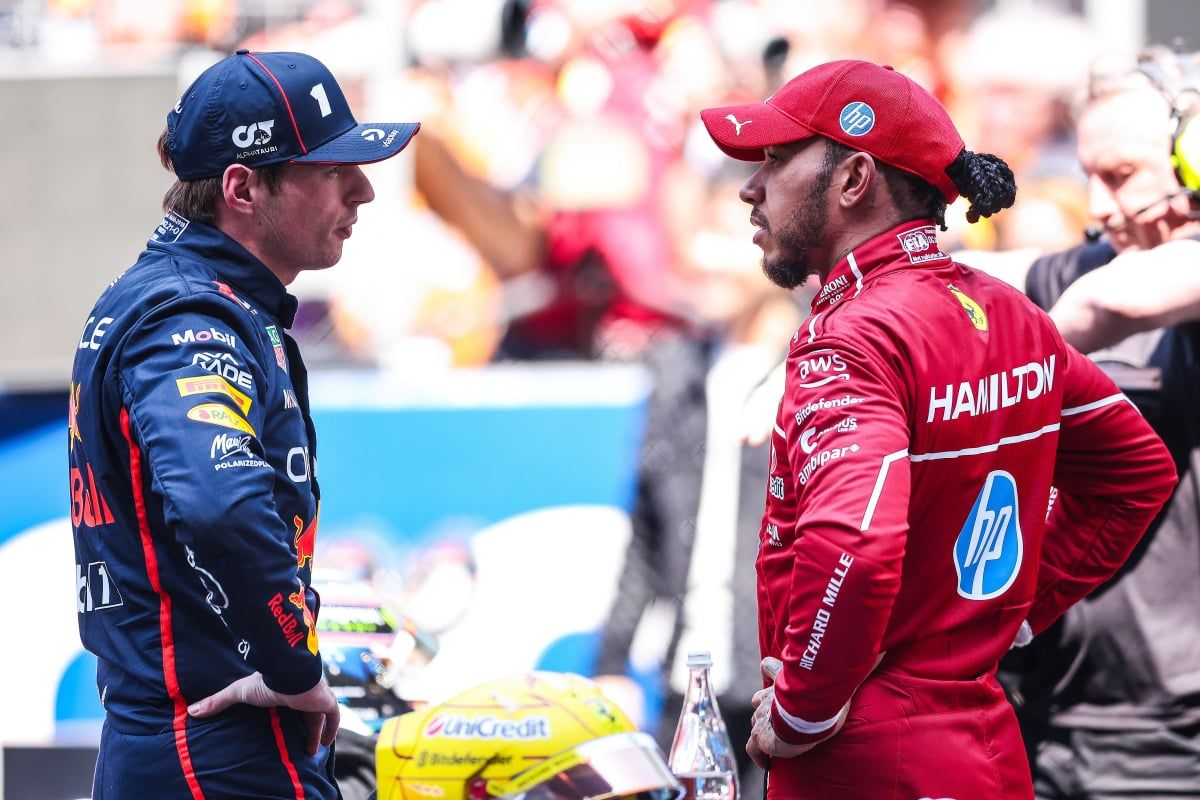McLaren’s Formula 1 Problem: Exposed by V… read more
McLaren’s resurgence in Formula 1 has reached an impressive level. The team now boasts arguably the most balanced and competitive package on the grid. With a well-designed car, a competent team boss in Andrea Stella, and two talented drivers in Lando Norris and Oscar Piastri, McLaren is positioned to challenge for both the constructors’ and drivers’ championships. Their car has no glaring weaknesses, and their driver pairing is arguably the strongest on the grid. However, despite these advantages, they face a unique and frustrating obstacle—Max Verstappen.
At the recent Emilia-Romagna Grand Prix, McLaren were exposed not because of a lack of performance, but because Verstappen continues to outperform in what many consider an inferior Red Bull machine. His win at Imola, much like his earlier victory in Japan, came when few expected it. While McLaren have been in a position to seize multiple wins, Verstappen continues to capitalize on even the slightest opportunity, turning every small chance into a race win.
This raises a critical issue for Formula 1 as a sport. McLaren may win more races and even claim a title, but Verstappen remains the figure that captures attention. There are two likely outcomes for the 2025 season. One sees an epic title fight—a three-way battle involving Norris, Piastri, and Verstappen, where McLaren’s own drivers potentially take points off each other, leaving the door open for Max. The other outcome is more problematic: Red Bull fails to mount a sustained championship challenge due to car inconsistency, while McLaren dominates with little drama, delivering a title fight that fails to ignite widespread interest.
The core of the problem is that McLaren lacks a compelling narrative in the modern F1 era. They no longer carry the same prestige or emotional weight as they did in the days of Ayrton Senna, Mika Hakkinen, or even Lewis Hamilton. Their image took a hit during the disastrous Honda era in the 2010s, and they haven’t quite regained their iconic status. As a result, newer fans—many drawn in by Netflix’s Drive to Survive—lack a reason to love or hate them. They’re efficient, quick, and professional, but currently devoid of storylines that captivate.
Compare that to Verstappen, who has firmly established himself as the sport’s central character. His aggressive style and 2021 championship win over Hamilton made him a perfect antagonist for Mercedes fans and a box-office attraction. Hamilton vs. Rosberg provided a similar draw during the Mercedes dominance of the 2010s, delivering intense drama within a single team that kept fans hooked despite predictable results.
McLaren has no such internal rivalry. Norris and Piastri maintain a respectful, almost placid relationship. While this is admirable, it doesn’t inspire the same emotional investment from fans. Without that edge, their title campaign—if successful—risks being efficient but bland.
Here lies the dilemma for Formula 1. The sport has become increasingly dependent on narratives to retain the interest of a casual audience. McLaren have the tools to win, but lack the intrigue. Verstappen, meanwhile, remains the fastest and most compelling figure—even when not in the best car. Unless McLaren’s drivers develop a heated rivalry or Verstappen gets machinery equal to theirs, the current battle for supremacy may fall flat with fans seeking more than just lap times.
F1 needs drama, story arcs, and rivalry. Right now, McLaren can win races, but Verstappen is still stealing the show.




